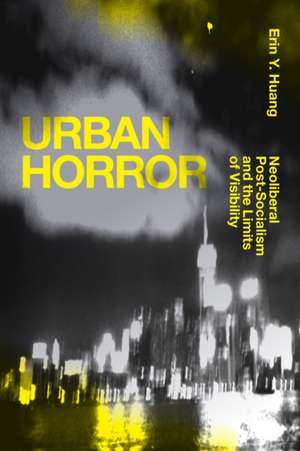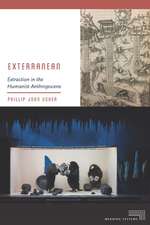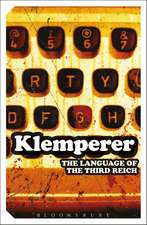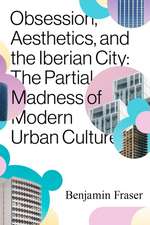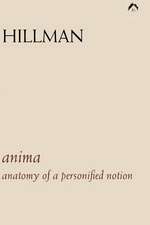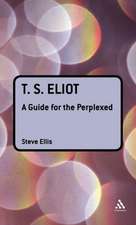Urban Horror – Neoliberal Post–Socialism and the Limits of Visibility: Sinotheory
Autor Erin Y. Huangen Limba Engleză Paperback – 27 feb 2020
Preț: 215.61 lei
Nou
41.26€ • 44.12$ • 34.40£
Carte disponibilă
Livrare economică 27 martie-10 aprilie
Livrare express 12-18 martie pentru 26.93 lei
Specificații
ISBN-10: 1478008091
Pagini: 288
Ilustrații: 39 illustrations
Dimensiuni: 152 x 229 x 16 mm
Greutate: 0.39 kg
Editura: MD – Duke University Press
Seria Sinotheory
Descriere
In Urban Horror Erin Y. Huang theorizes the economic, cultural, and political conditions of neoliberal post-socialist China. Drawing on Marxist phenomenology, geography, and aesthetics from Engels and Merleau-Ponty to Lefebvre and Ranci re, Huang traces the emergence and mediation of what she calls urban horror-a sociopolitical public affect that exceeds comprehension and provides the grounds for possible future revolutionary dissent. She shows how documentaries, blockbuster feature films, and video art from China, Hong Kong, and Taiwan made between the 1990s and the present rehearse and communicate urban horror. In these films urban horror circulates through myriad urban spaces characterized by the creation of speculative crises, shifting temporalities, and dystopic environments inhospitable to the human body. The cinematic image and the aesthetics of urban horror in neoliberal post-socialist China lay the groundwork for the future to such an extent, Huang contends, that the seeds of dissent at the heart of urban horror make it possible to imagine new forms of resistance.
Cuprins
Introduction. Urban Horror: Speculative Futures of Chinese Cinemas 1
1. Cartographies of Socialism and Post-Socialism: The Factory Gate and the Threshold of the Visible World 33
2. Intimate Dystopias: Post-Socialist Femininity and the Marxist-Feminist Interior 69
3. The Post- as Media Time: Documentary Experiments and the Rhetoric of Ruin Gazing 101
4. Post-Socialism in Hong Kong: Zone Urbanism and Marxist Phenomenology 146
5. The Ethics of Representing Precarity: Film in the Era of Global Complicity 184
Epilogue 218
Notes 223
Bibliography 245
Index 259
